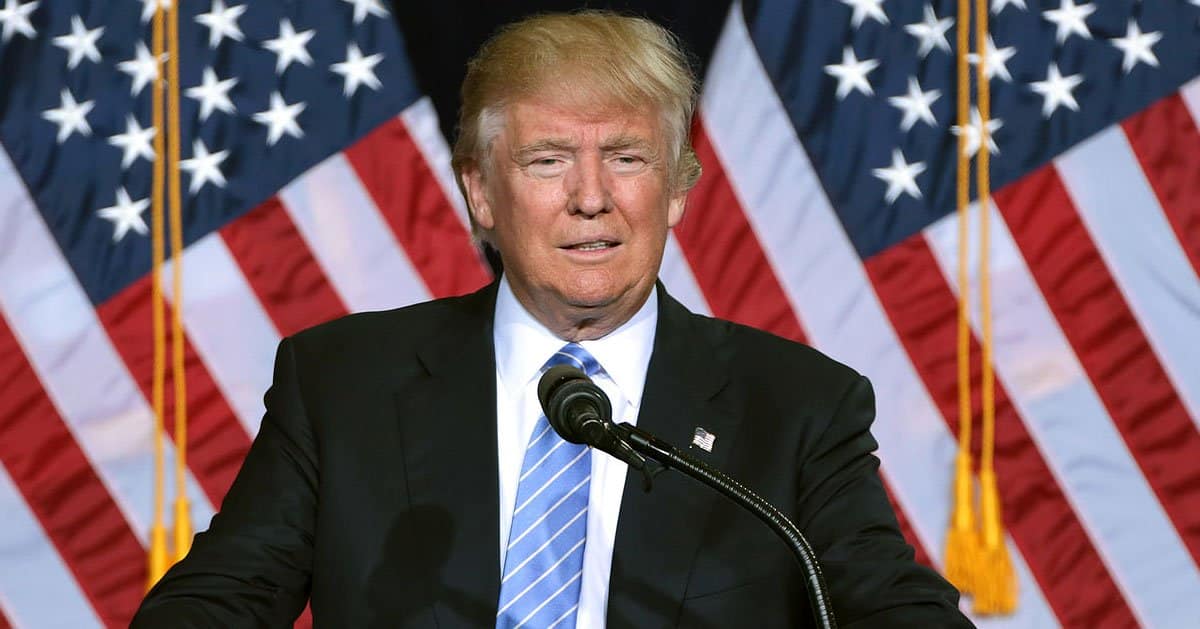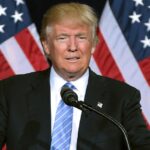







President Joe Biden is making a renewed effort to forgive billions of dollars in student loan debt. A coalition of Republican-led states has reached out to the US Supreme Court, seeking to block this initiative.
Bloomberg reported that President Biden’s campaign promise of student loan forgiveness has encountered significant legal and political obstacles and his keystone promise to young voters appears to be on life support.
Biden's commitment to student loan forgiveness was a central theme during his campaign, eliciting enthusiasm among millions burdened by student debt.
However, this initiative has faced substantial opposition from various sectors, leading to legal hurdles.
In a previous ruling, the Supreme Court determined that the HEROES Act did not grant Biden the authority to implement student loan forgiveness. This ruling was a significant setback for the administration's efforts to provide financial relief to student debtors.
Despite this, Biden has persisted in seeking statutory justifications and loopholes to authorize debt forgiveness.
His continued efforts have prompted a group of Republican-led states, including Texas, South Carolina, and Alaska, to take legal action.
On Tuesday, an emergency request was submitted to Justice Neil Gorsuch by these states. They aim to overturn a lower court's decision permitting the Department of Education to reduce loan payments and cancel student debt starting from August 1.
Justice Neil Gorsuch, as part of the US Court of Appeals for the Tenth Circuit, has the authority to handle the emergency request independently or refer it to the full Supreme Court. Given the Court's conservative majority, there are expectations that it may block Biden's student debt relief plan, similar to the previous HEROES Act ruling.
Wisconsin has voiced its opposition to the plan, arguing that it disproportionately benefits Black Americans, thereby raising questions about the broader implications of the relief initiative.
Republican-led states have consistently opposed Biden's approach to student debt forgiveness. They argue that such measures could undermine fiscal responsibility and set a problematic precedent for future financial policies.
The debate over student loan forgiveness also touches on broader issues of equity and economic impact. Proponents argue that relieving debt can stimulate economic growth and reduce financial inequalities, while opponents voice concerns about the potential burden on taxpayers.
President Biden remains steadfast in his commitment to student debt relief, continuing to explore all available legal avenues to fulfill his campaign promise.
The ongoing legal battles highlight the complexities and challenges associated with enacting significant policy changes within the current political landscape.
As the situation develops, the Supreme Court's decision will be pivotal in determining the future of student debt forgiveness. This decision will not only affect millions of student debtors but also set a significant precedent for executive authority and financial policy in the United States.
In summary, President Joe Biden's renewed attempt to forgive billions in student loan debt has prompted Republican-led states to petition the US Supreme Court for intervention.
This follows a previous Supreme Court ruling that the HEROES Act did not permit such forgiveness.
Biden's continued efforts to find legal avenues for debt relief have led to an emergency request being filed with Justice Neil Gorsuch, seeking to overturn a lower court’s order. The outcome of this legal challenge could have significant implications for student debtors and broader financial policy.



